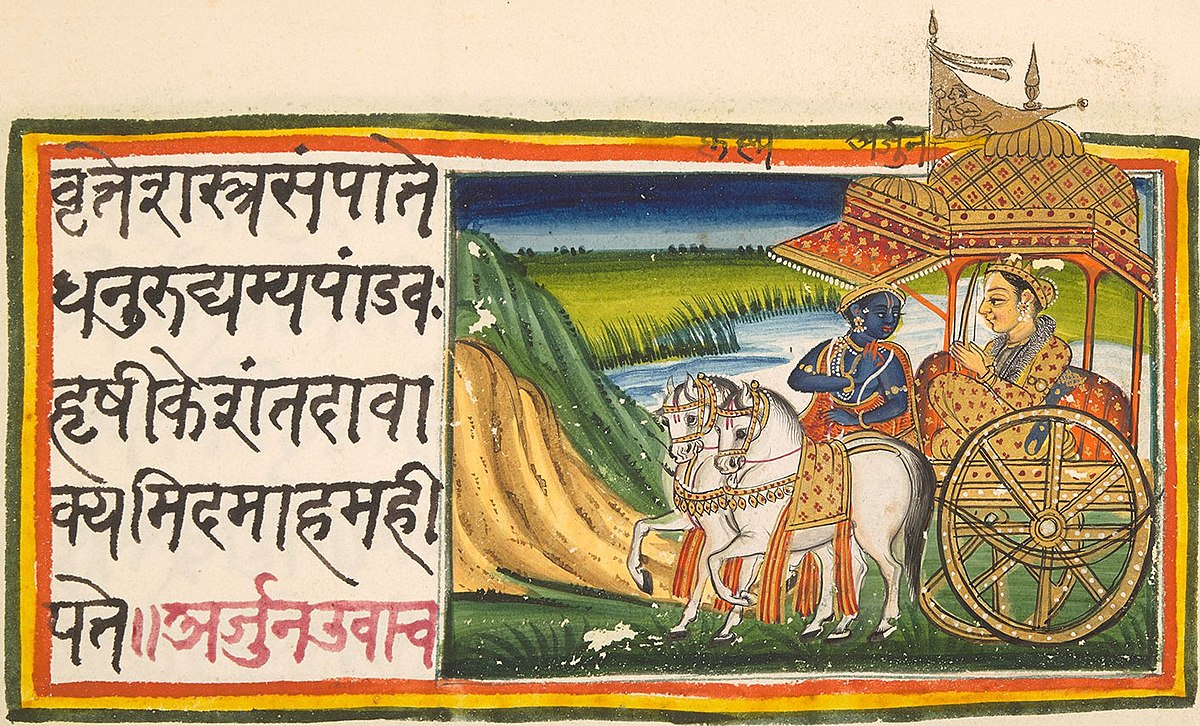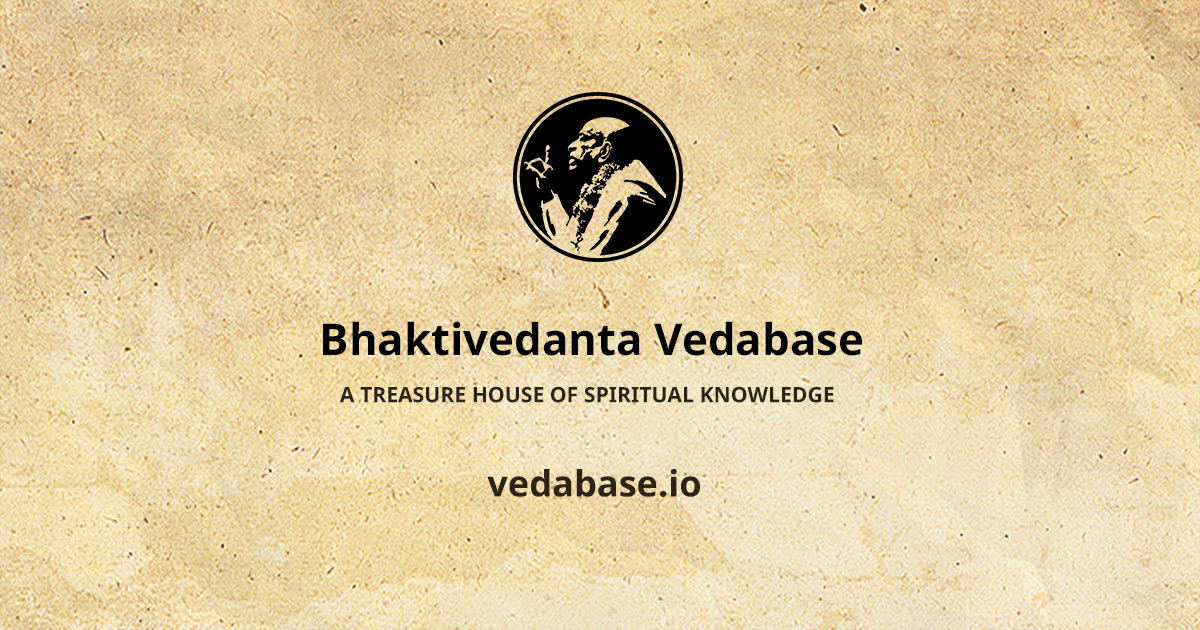InvestigateTruth
Well-Known Member
I agree. Hinduism (and all the Dharmic religions in general) are non revealed. They are more like mathematics. They eternally exist and can be directly grasped by a sufficiently prepared mind.
What you talk about is the "interpretations".
The Hindu Scriptures may be said to contain two kinds of words. Some parts of it are sayings of a Manifestation of God, such as Krishna. This part is not drived from thinking of others, unless you believe, Krishna did not exist, and these words are not His, but are inventions.
Then there are other parts of books, where sages, wrote their explanations and discoveries. But the sayings of sages, are based on their understanding of the words of Krishna, or other Manifestations of God, depending on which Hindu sect they followed.


